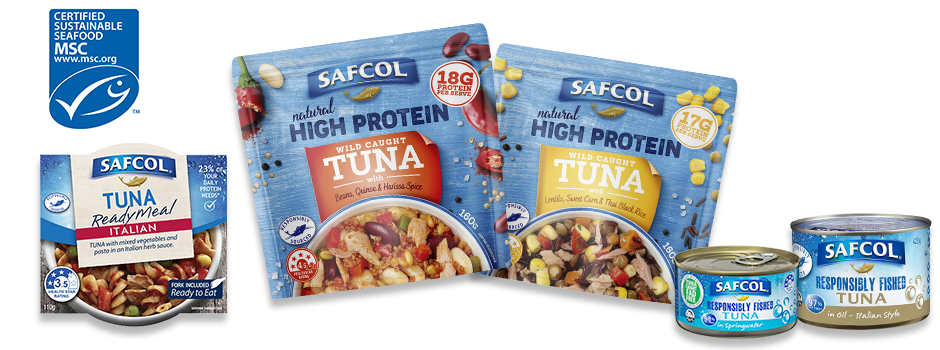
Did you know Foods may help prevent skin cancer?
by Ashleigh Feltham
Accredited Practising Dietitian and Accredited Nutritionist
There is no doubt that the old advice of slip, slop, slap for sun protection is the foundation for preventing skin cancer. What you may not have considered is the role your food choices play on your risk of developing skin cancer. Foods contain many nutrients which together form a matrix of health benefits and this is why taking supplements is insufficient and, in some doses, can increase your risk of certain cancers.
Nutrition components being researched, which may play a role in preventing your risk of skin cancer include the minerals zinc and selenium. Also, vitamin D, E, lycopene, polyphenols, and omega 3 fat. Looking more in-depth at these nutrients:
Polyphenols
Specifically, those found in green tea have anti-inflammatory and antioxidant properties. Numerous studies promote including 4 to 6 cups of green tea in your day due to its abilities in potentially reducing your risk of skin cancer. Research suggests that the polyphenols may help absorb the UV damage and repair your DNA if damaged by exposure to the sun.
Lycopene
Lycopene can be found in foods like tomatoes and watermelon. A 2010 study found participants who regularly ate tomato paste for 10 weeks were 40% less likely to get sunburnt.
Selenium, Vitamin D, Zinc and Omega 3 Fat
These four nutrition factors were linked together because they can all be provided to your body when you enjoy any of the quality range of seafood sold by Safcol. Having adequate Vitamin D has been linked in several studies to be essential in reducing your risk of skin cancer. While this fat-soluble vitamin can be provided by the sun research has suggested this is insufficient and that dietary sources of vitamin D are needed to obtain optimal levels in your body.
Selenium with its antioxidant properties also has powerful cancer-preventing factors. A review of 16 studies reported a 40% lower risk of death and 31% lower risk of any cancer when participants had higher levels of selenium in their diet.
Zinc found in food like seafood is needed to help maintain optimal levels of the types of proteins that help to repair damage to your DNA. If this damage is left it can lead to cancer. Omega 3 fat inhibits a chemical called COX-2 which is a known factor to promote the growth of skin cancer. Omega 3 fat also has anti-inflammatory properties which support healing and repair of damage of the cells in your body.
Vitamin E
This fat-soluble vitamin found in foods like avocado, soybeans, nuts, and seeds act as an antioxidant, removing free radicals which can cause damage and disease to the cells of your body. Research also supports this fat-soluble vitamin’s ability to absorb UV light. Finally, it improves the ability of your skin to act as a barrier against the sun.
Take home message
The well-known ways of protecting your skin from sun damage still stand. However, the foods you choose to include in your diet can also play an important role in preventing your likelihood of developing skin cancer.

